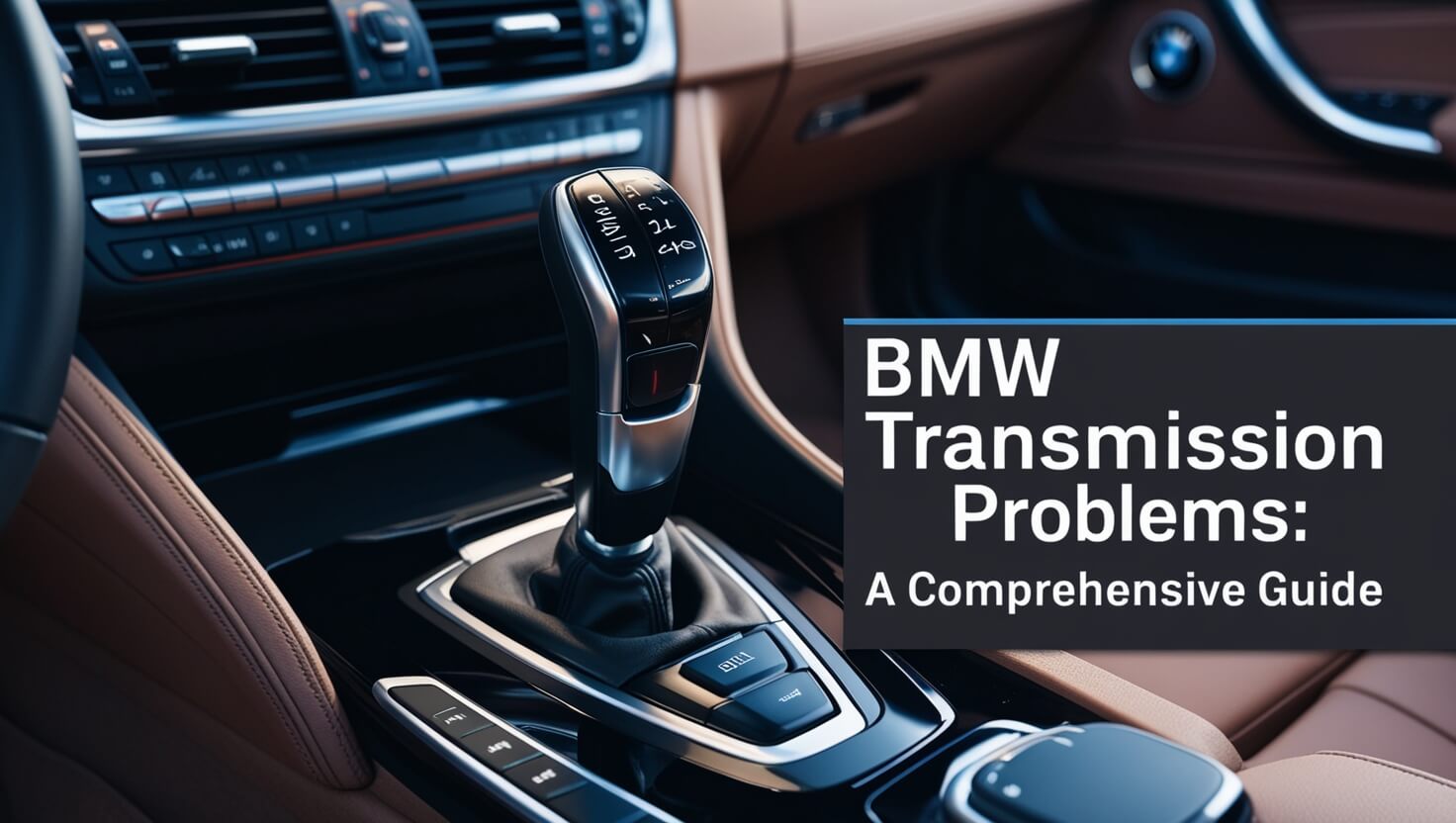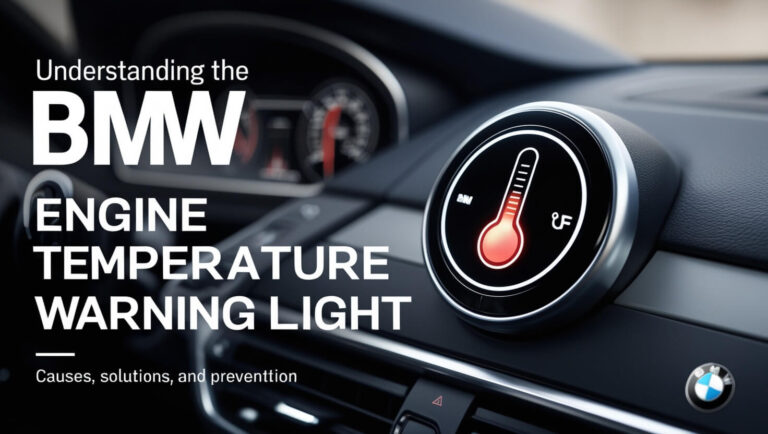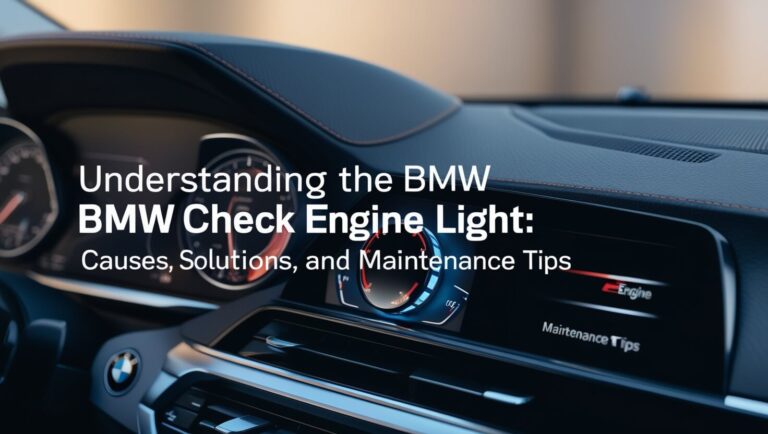
BMW transmission problems can range from minor issues to major failures, affecting vehicle performance and safety. This guide explores common transmission issues, symptoms, causes, and solutions for BMW owners.
Introduction
BMW, known for its luxury vehicles and cutting-edge engineering, has faced its share of transmission-related challenges. While these German-engineered cars offer exceptional performance, their complex transmission systems can sometimes develop problems that frustrate owners and impact driving experiences.
Understanding BMW transmission problems is crucial for maintaining your vehicle’s health and avoiding costly repairs. We’ll dive into the most common issues, their symptoms, and what you can do to keep your BMW running smoothly.
Common BMW Transmission Problems
Fluid-Related Issues
Transmission fluid plays a vital role in your BMW’s performance. Here are the main fluid-related problems:
- Low fluid levels: This can lead to overheating and increased wear on transmission components.
- Leaks: Faulty seals or gaskets often cause transmission fluid leaks.
- Contaminated fluid: Dirty or degraded fluid can’t properly lubricate and cool transmission parts.
Regular fluid checks and changes can prevent many of these issues. If you notice red fluid under your BMW, it’s time for an inspection.
Mechanical Failures
Mechanical problems often result in more severe transmission issues:
- Worn clutches: In both automatic and manual transmissions, worn clutches can cause slipping and poor performance.
- Faulty solenoids: These control fluid flow in automatic transmissions. When they fail, shifting becomes erratic.
- Torque converter issues: Problems here can lead to shuddering, especially at low speeds.
These issues usually require professional diagnosis and repair.
Electronic Malfunctions
Modern BMWs rely heavily on electronics to control transmission function:
- Transmission control module problems: Glitches in this computer can cause various shifting issues.
- Sensor failures: Faulty sensors can send incorrect data, leading to improper shifting.
Electronic issues often trigger warning lights on your dashboard.
Symptoms of BMW Transmission Problems
Recognizing the signs of transmission trouble early can save you from major headaches down the road.
Unusual Noises
Listen for these sounds:
- Whining: Often indicates low fluid or worn gears.
- Grinding: Could mean damaged gears or low fluid.
- Clunking: Might signal a problem with the torque converter or transmission mounts.
Don’t ignore these noises – they’re your BMW’s way of crying for help!
Performance Issues
Watch out for these driving problems:
- Delayed or rough shifting: Your BMW should shift smoothly. If not, there’s likely an issue.
- Slipping gears: If your engine revs but doesn’t accelerate as expected, gears may be slipping.
- Lack of power: Transmission problems can make your BMW feel sluggish.
These symptoms can worsen over time, so address them promptly.
Warning Signs
Pay attention to these red flags:
- Dashboard warning lights: The “Check Engine” or specific transmission warning light may illuminate.
- Burning smells: This could indicate overheating transmission fluid.
- Visible fluid leaks: Red or brown fluid under your car often means a transmission leak.
Never ignore these warning signs – they’re crucial indicators of potential transmission trouble.
BMW Models Most Affected by Transmission Problems
While any BMW can experience transmission issues, some models seem more prone to problems.
Specific Series and Years
- 3 Series (E90/E92): 2007-2013 models, especially those with the N54 engine
- 5 Series (E60): 2003-2010 models
- 7 Series (E65/E66): 2002-2008 models
- X3 (E83): 2004-2010 models
- X5 (E53): 2000-2006 models
Common Issues by Model
- 3 Series: Valve body failures, mechatronic sleeve issues
- 5 Series: Torque converter problems, transmission fluid leaks
- 7 Series: Transmission control module failures, shifter malfunctions
- X3 and X5: Transfer case failures, rough shifting
Remember, regular maintenance can help prevent many of these issues, regardless of your BMW model.
Causes of BMW Transmission Failures
Understanding why transmissions fail can help you prevent problems in your BMW.
Design Flaws
Some BMW transmissions have inherent design weaknesses:
- Plastic components in high-stress areas
- Inadequate cooling systems for transmission fluid
- Overly complex electronic control systems
These design issues can lead to premature wear and failure.
Manufacturing Defects
Occasionally, BMWs leave the factory with transmission defects:
- Improperly machined parts
- Faulty seals or gaskets
- Incorrectly calibrated sensors
While rare, these defects can cause significant problems down the line.
Lack of Proper Maintenance
Many transmission problems stem from neglect:
- Infrequent fluid changes
- Ignoring early warning signs
- Using incorrect transmission fluid
Regular maintenance is key to avoiding these issues.
Diagnosing BMW Transmission Problems
Proper diagnosis is crucial for addressing transmission issues effectively.
DIY Inspection Tips
Here are some checks you can perform at home:
- Check transmission fluid level and condition
- Look for visible leaks under the car
- Listen for unusual noises during gear changes
- Pay attention to how the car shifts during acceleration
These simple checks can help you catch problems early.
Professional Diagnostic Methods
For more thorough diagnosis, professionals use:
- OBD-II scanners to read error codes
- Pressure tests to check fluid flow
- Road tests to evaluate shifting performance
- Transmission fluid analysis
Professional diagnosis can pinpoint issues that might be missed in a DIY inspection.
Preventing BMW Transmission Issues
Prevention is always better (and cheaper) than cure when it comes to BMW transmissions.
Regular Maintenance Schedule
Follow these maintenance tips:
- Change transmission fluid according to BMW’s recommendations
- Replace transmission filters as scheduled
- Have regular transmission inspections
Sticking to this schedule can significantly extend your transmission’s life.
Proper Driving Habits
How you drive affects your transmission:
- Avoid aggressive acceleration and braking
- Don’t shift gears while the car is still moving (for manual transmissions)
- Allow the car to warm up before driving in cold weather
These habits can reduce wear on your transmission components.
Using the Right Transmission Fluid
Always use BMW-approved transmission fluid:
- Check your owner’s manual for the correct fluid type
- Don’t mix different types of transmission fluid
- Use only fresh, clean fluid when topping up
Using the wrong fluid can cause serious damage to your transmission.
Repair Options for BMW Transmission Problems
When problems do occur, you have several repair options.
DIY Repairs and Maintenance
Some tasks you can handle yourself:
- Changing transmission fluid and filter
- Adjusting shift linkage (for manual transmissions)
- Replacing transmission mounts
Always consult your BMW’s service manual before attempting DIY repairs.
Professional Repair Services
For more complex issues, seek professional help:
- Dealership service centers: Expensive but use genuine BMW parts
- Independent BMW specialists: Often more affordable with similar expertise
- General auto repair shops: Least expensive but may lack BMW-specific knowledge
Choose based on your budget and the complexity of the problem.
Transmission Replacement
In severe cases, full replacement might be necessary:
- New transmission: Most expensive but comes with a full warranty
- Remanufactured transmission: Less expensive, often with a good warranty
- Used transmission: Cheapest option but comes with risks
Weigh the costs and benefits carefully before opting for replacement.
Cost of BMW Transmission Repairs
Transmission repairs can be expensive, but costs vary widely.
Factors Affecting Repair Costs
Several factors influence the price:
- Type and severity of the problem
- BMW model and year
- Chosen repair method (repair vs. replacement)
- Labor costs in your area
Get multiple quotes to ensure you’re getting a fair price.
Average Repair Costs by Issue Type
Here’s a rough guide to potential costs:
- Fluid change: $150 – $300
- Solenoid replacement: $400 – $850
- Torque converter replacement: $600 – $1,200
- Full transmission rebuild: $3,500 – $5,000
- New transmission: $4,000 – $8,000
Remember, these are estimates – actual costs may vary.
BMW Transmission Recalls and Service Bulletins
BMW has issued several recalls and service bulletins related to transmission problems.
Recent Recalls
Some notable recalls include:
- 2012 recall for certain 7 Series models due to transmission control issues
- 2019 recall for some X3 and X4 models for potential driveshaft failure
- 2020 recall for various models due to a transmission wiring harness problem
Check if your BMW is affected by any recalls.
Technical Service Bulletins
BMW has released numerous TSBs addressing transmission issues:
- Bulletin for rough shifting in certain 3 Series models
- Advisory on mechatronic sleeve replacement for various models
- Guidance on addressing valve body issues in some 5 Series vehicles
Your BMW dealer can provide information on relevant TSBs for your vehicle.
Conclusion
BMW transmission problems, while frustrating, are often preventable with proper care and maintenance. By understanding common issues, recognizing early warning signs, and following recommended maintenance schedules, you can keep your BMW’s transmission running smoothly for years to come.
Remember, when in doubt, consult a professional. Your local BMW dealer or a trusted independent specialist can provide expert advice and service to keep your Ultimate Driving Machine in top form.
FAQs About BMW Transmission Problems
- How often should I change my BMW’s transmission fluid? BMW recommends changing transmission fluid every 50,000 to 100,000 miles, depending on the model and driving conditions.
- Can I drive my BMW if I suspect transmission problems? It’s best to avoid driving if you suspect serious transmission issues. Continued driving could cause more damage.
- Are BMW transmissions more problematic than other brands? While BMWs have sophisticated transmissions that can be expensive to repair, they’re not necessarily more prone to problems if properly maintained.
- How can I tell if my BMW’s transmission fluid needs changing? Check the fluid color (should be red, not brown or black) and smell (shouldn’t have a burnt odor). Also, watch for shifting issues.
- Is it worth repairing an old BMW transmission or should I replace it? This depends on the car’s overall condition and value. For newer or well-maintained BMWs, repair is often worth it. For older, high-mileage cars, replacement might be more cost-effective.
Remember, maintaining your BMW’s transmission is crucial for optimal performance and longevity. Don’t hesitate to seek professional help if you’re experiencing any transmission-related issues.






